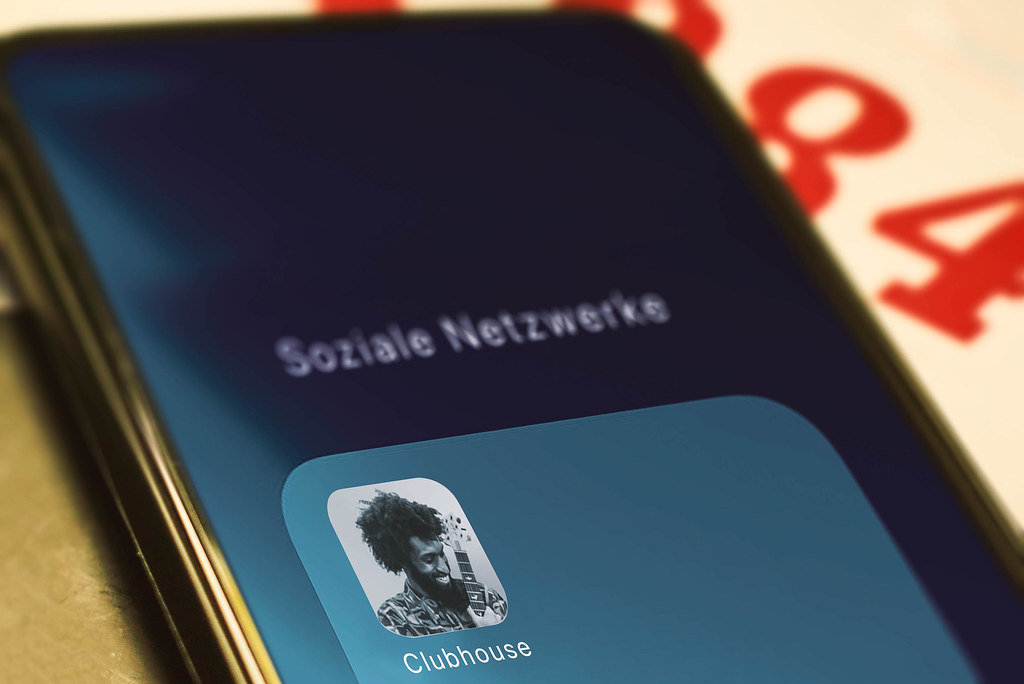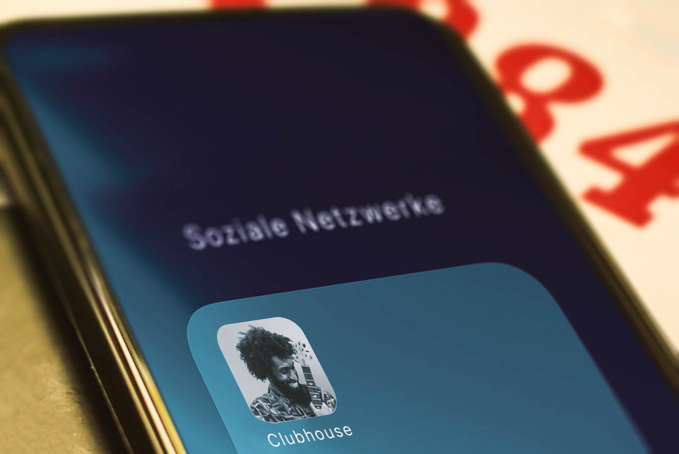Online conversation service Clubhouse recorded a hacker attack last weekend, Bloomberg wrote with reference to the company's statement.
An unknown user was able to redirect audio from "multiple rooms" in the app to a third-party site, said Clubhouse spokeswoman. She did not provide details of the hack, only noting that the company had "permanently" blocked the user intruder and had introduced new security measures to prevent similar situations in the future.
The hackers built their system around the JavaScript algorithm used to create the Clubhouse app, Bloomberg cited Alex Stamos, director of cybersecurity firm Stanford Internet Observatory and former director of security at Facebook, as saying. Essentially, the attackers tampered with the service, Stamos said. His company was unable to identify the origins and identities of the hackers. Essentially, the user figured out a way to remotely share his social network login with the world, added Robert Potter, CEO of Internet 2.0 Australia.
The popularity of Clubhousse surged in February. The startup allows speakers to communicate in "rooms" that listeners can join - they can "raise their hand" to ask questions with the approval of the discussion moderators. The company recently raised $100m in investment at a valuation of around $1bn.
source: bloomberg.com
An unknown user was able to redirect audio from "multiple rooms" in the app to a third-party site, said Clubhouse spokeswoman. She did not provide details of the hack, only noting that the company had "permanently" blocked the user intruder and had introduced new security measures to prevent similar situations in the future.
The hackers built their system around the JavaScript algorithm used to create the Clubhouse app, Bloomberg cited Alex Stamos, director of cybersecurity firm Stanford Internet Observatory and former director of security at Facebook, as saying. Essentially, the attackers tampered with the service, Stamos said. His company was unable to identify the origins and identities of the hackers. Essentially, the user figured out a way to remotely share his social network login with the world, added Robert Potter, CEO of Internet 2.0 Australia.
The popularity of Clubhousse surged in February. The startup allows speakers to communicate in "rooms" that listeners can join - they can "raise their hand" to ask questions with the approval of the discussion moderators. The company recently raised $100m in investment at a valuation of around $1bn.
source: bloomberg.com



















